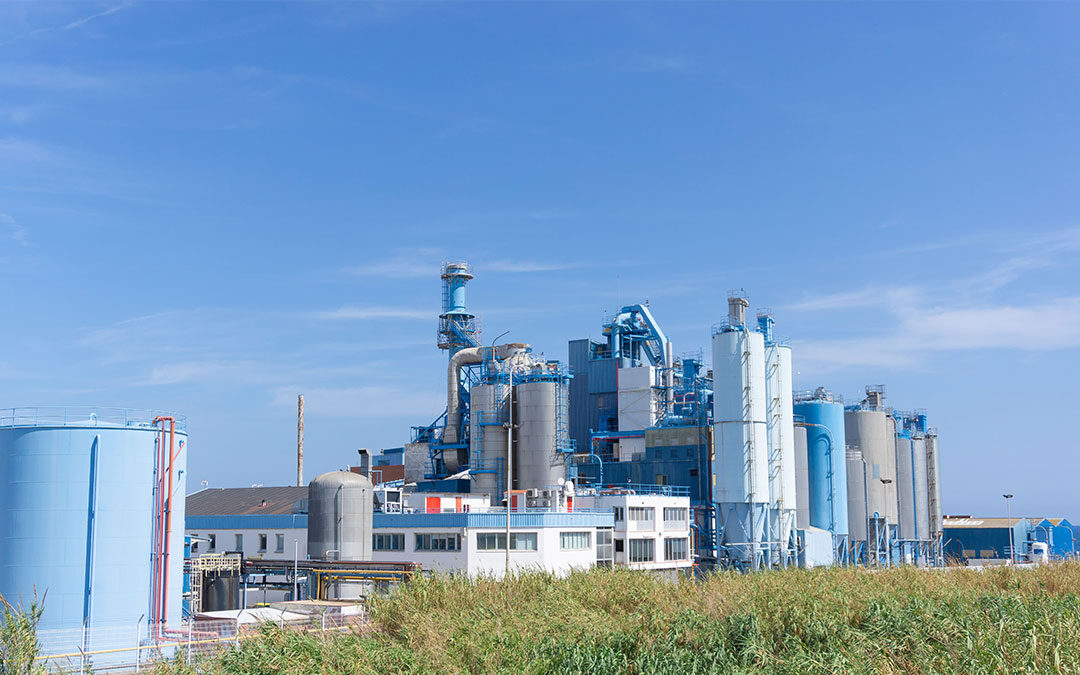Image: Joan Manel
In recent months, with energy at the centre of all conversations, I have had the opportunity to take part in numerous round tables and forums in which professionals from the sector have tried – in all humility, because uncertainty is the most repeated word – to shed some light on the current energy situation. Some of these meetings have been with business people in the sector, and listening to them has merited a special reflection on my part.
During my childhood in Barcelona, when I left the city centre, industries formed part of the physiognomy of what are now residential neighbourhoods such as Poble Nou, Sants and Sant Martí. And there were also factories and workshops in more central areas, such as the Gothic Quarter and El Raval. Among the key sectors in Barcelona in the 1950s and 1960s were textiles, chemicals, food and metallurgy, industries which, with technologies that have nothing to do with today’s, were the basis of employment and the economic and social development of the city at that time.
In recent years, many of these industries, not only in Catalonia but also in the rest of Spain, have in some cases disappeared, while in others, fortunately, they are making an exponential effort to transform and adapt to new needs and requirements of all kinds: operational, labour, business, regulatory and environmental. This is summed up in a word that for me invariably retains a positive meaning: progress.
Anyone who travels in Central Europe can see that factories (remember that “factory” comes from the Latin “to create, to build”) are still an important part of the landscape. If we want Spain to be at the forefront, this should also be the case. We need ceramics factories, aluminium factories, glass factories, paper factories, microchip factories, electrolyser factories – just to mention a key industry in the energy sector at the moment – factories, in short, where many of the things we consume are produced. If we want to strengthen and position our economies, we cannot stop having factories, or in other words, industry.
We have to listen to industry, which is the originator of employment, welfare and progress. This is particularly true for energy companies. Let us listen to the industry when it tells us that energy prices resulting from the current economic situation mean that, in some cases, it is not profitable for them to produce in Spain or in Europe. And let’s work together to seek solutions and to help ensure that temporary situations do not become irreversible. As a country, we cannot allow some industries to be forced to close down for good, because part of our wealth is dying with them.
In Spain, gas consumption by industry fell by 23.3% in 2022 and this is largely explained by the price hikes triggered by Russia’s war against Ukraine. All indications are that, with the right price signals, the industry will return to gas, and above all, and very importantly, accelerate its adaptation to green hydrogen.
This is a key goal in order not to interrupt, but to boost, the efforts that Spanish industry has been making to decarbonise, innovate and increase its competitiveness on the European and world map. A path that, through collaboration at all levels, we need to facilitate.
Europe is working on measures such as the Carbon Border Adjustment Mechanism, a border tax so that products produced in Europe and subject to very high environmental standards are not penalised in comparison to products from outside the EU that do not meet these standards and therefore have lower production costs. This is not about protectionism, but about standardising the rules of the game to be fair to a European industry that is investing to become cleaner and more sustainable.
Also along this line is the Green Deal Industrial Plan of the European Commission in which the legislative proposals and initiatives of a few days ago are framed, such as the Net-Zero Industry Act, the Critical Raw Materials Act and, also, the European Hydrogen Bank. Actions that aim to reduce dependence on third countries for technologies and raw materials critical to the Green Deal and the REPowerEU plan, and thus strengthen Europe’s manufacturing capacity and resilience. Similarly, in Spain, the Government is working in this direction in the framework of the Recovery, Transformation and Resilience Plan, which includes a Spanish Industrial Policy 2030 and very specific measures such as the PERTE for Industrial Decarbonisation.
These are very positive initiatives and all public and private players must continue to listen to and collaborate with our industry to avoid delocalisation and excessive foreign dependence. Because just as we talk about the importance of energy sovereignty in Europe in the wake of this crisis, we must also promote industrial sovereignty, a key lever for increasing Spain’s and Europe’s strategic autonomy.
